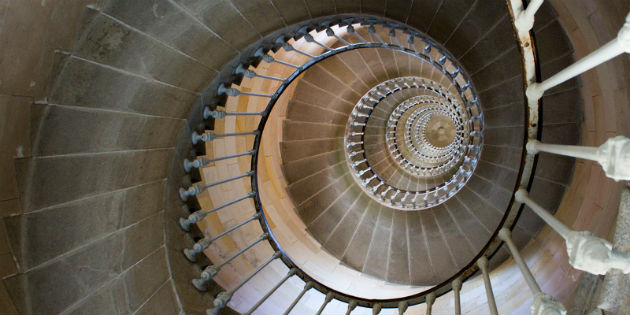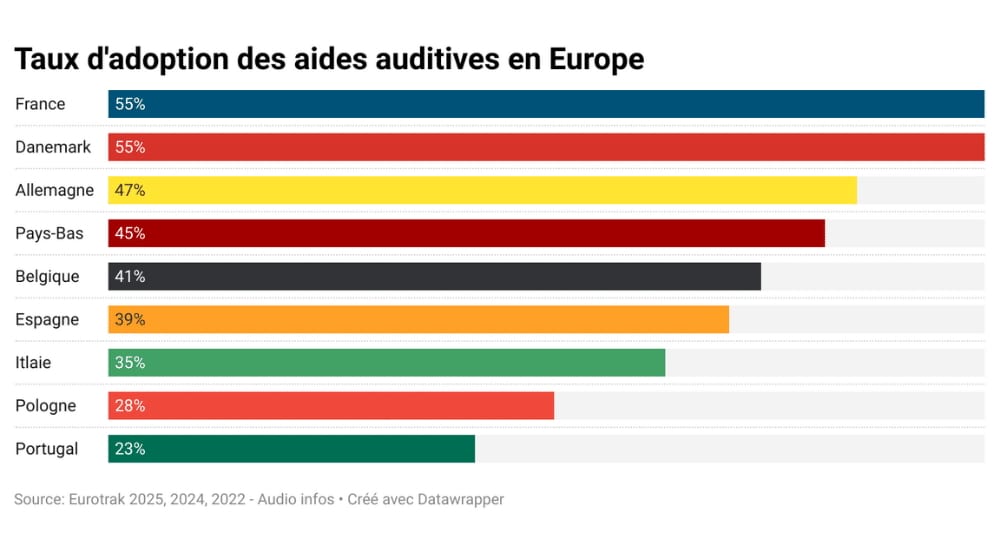Best practices for cochlear implant hearing preservation
CI
A group of researchers from Vanderbilt University, Nashville, TN (USA) recently published the results of their study aimed at investigating short- and long-term rates of hearing preservation after cochlear implantation and at identifying factors that affect hearing preservation.

The retrospective review study, with results recently published in the journal Laryngoscope, included patients undergoing cochlear implantation with conventional-length electrodes and air-conduction thresholds of less than or equal to 80 dB HL at 250 Hz preoperatively. In total, 196 patients (corresponding to 225 implants) were enrolled.
Findings showed that the following factors are predictive of higher rates of long-term functional hearing preservation: better preoperative residual hearing, lateral wall electrodes (electrodes designed with no wire) and mid-scala electrodes, and round window/extended round window (RW/ERW) approaches. “The cochleostomy approach causes fibrosis and scarring, leading to hearing loss over time,” said Dr George Wanna, the study’s lead investigator. “Our results also revealed that using oral steroids also helped in the long term to preserve hearing by preventing inflammation.”
“We hope the findings will help surgeons choose the best implants and approaches for their patients,” Dr Wanna added. “This is an exciting time in this field, and the advancement in hearing technology and continued improvements in techniques and outcomes will benefit patients and their families.”
Source: MedicalXpress; Wanna GB et al. Predictive factors for short- and long-term hearing preservation in cochlear implantation with conventional-length electrodes. Laryngoscope. 2017 Jun 22.


